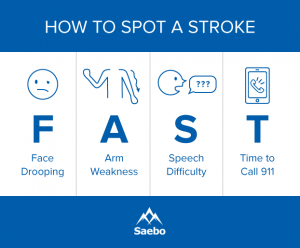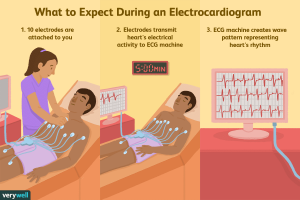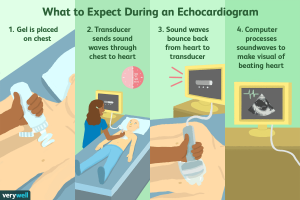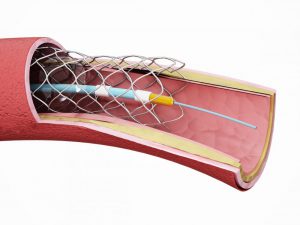There are some unknown threats to each of our life which are either physical or Internal.We are well aware of the physical threats which may happen in the environment,we are living in and we know several ways to stop them from happening or we avoid it, but how exactly do we plan to avoid or stop our internal body threats, It is a fact that there is no possible way we can control the functioning of our internal body.Which is why it is at least important for us and our community to be aware of what all types of internal emergencies can happen.Mostly medical emergencies happen after age 60 years. Most common emergency is Strokes.
- A stroke is a sudden interruption in the blood supply of the brain. Most strokes are caused by an abrupt blockage of arteries leading to the brain (ischemic stroke). Other strokes are caused by bleeding into brain tissue when a blood vessel bursts (hemorrhagic stroke).
As one fourth of strokes occur in people aged 65 years. UK current policy calls for services that meet the specific needs of working-aged adults with stroke. It aimed to identify the social consequences of stroke in working-aged adults, which might subsequently inform the development and evaluation of services for this group development and evaluation of services for this group.A step for the betterment of the society.
To specify the topic stroke, we will further move into a type of stroke which is Ischemic Stroke.
- Ischemic is a is a restriction in blood supply to tissues, causing a shortage of oxygen that is needed for cellular metabolism (to keep tissue alive).
It is very essential to provide brain cell oxygenated blood to function other organs properly.A stroke can cause to any nearby person, relative or family member because it not an inherited disease which gives a person to be precautioned about. An Ischemic stroke can not only temporarily give symptoms like but it can also give the body permanent physical disabilities.
Symptoms like-
- Numbness or weakness in your face, arm, or leg, especially on one side
- Confusion or trouble understanding other people
- Difficulty speaking
- Trouble seeing with one or both eyes
- Problems walking or staying balanced or coordinated
- Dizziness
- Severe headache that comes on for no reason

After observing Symptoms mentioned above, you clearly need to provide medical emergency to the person facing a Stroke.Medical Facilities have a lot of way to diagnose the type of stroke occured. To Identify an Ischemic Stroke they use facility such as
-
Electrocardiogram (ECG). An electrocardiogram records electrical signals as they travel through your heart. An ECG can often reveal evidence of a previous heart attack or one that’s in progress.

- Echo-cardiogram. An echo-cardiogram uses sound waves to produce images of your heart. During an echo-cardiogram, your doctor can determine whether all parts of the heart wall are contributing normally to your heart’s pumping activity.
 After diagnosing the kind of Stroke, To specify if the stroke is Ischemic the treatment which will be implemented will be
After diagnosing the kind of Stroke, To specify if the stroke is Ischemic the treatment which will be implemented will be - Laser surgery: This involves making several tiny holes in the heart muscle, which encourage the formation of new blood vessels.
- Coronary bypass surgery: The surgeon uses a blood vessel from another part of the body to create a graft that can bypass the blocked artery. The graft may come from the leg or an inner chest-wall artery.
- Angioplasty and stent placement: A catheter is inserted into the narrowed part of the artery. A deflated balloon is passed through the catheter to the affected area. When the balloon is inflated, it compresses the fatty deposits against the artery walls. A stent, or mesh tube, may left in the artery to help keep it open.

In rare cases when the heart is severely damaged ,could not manage the functioning of pumping the blood throughout the body ,or medicine is not effective a heart transplant may be needed.
A heart transplant involves replacing a heart that is damaged or is not working properly with a healthy donor heart.
Transplantation can affect in various way, such as ethical, social, economic, political, cultural or geographical in terms of economic because of the financial stability which is to be required for the capability of treatment, and being able to accept heat from a voluntary donor.Cultural and social role, as many members in the community may or may not accept the ideology of transplanting heart from a strange person.